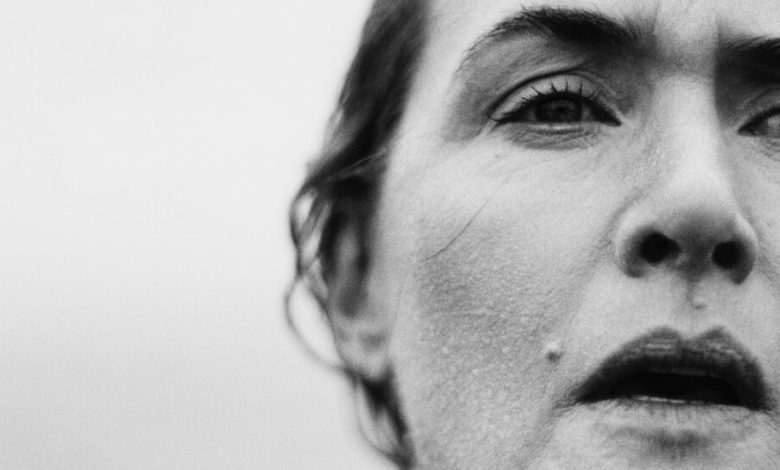Kate Winslet Pushes Her Characters, and Herself, to the Edge

Kate Winslet was standing in front of a microphone, breathing hard.Sometimes she did it fast; sometimes she slowed it down. Sometimes the breathing sounded anxious; other times, it was clearly the gasping of someone who was winded. Before beginning a new take, Winslet stood stock still, hands opening and closing at her sides; she looked like a gymnast about to bound into a floor routine. Every breath seemed high-stakes, even though she was well into a long day of recording in a dim, windowless studio in London.
Listen to this article, read by Kirsten Potter
Open this article in the New York Times Audio app on iOS.
Winslet was adding grace notes to scenes of herself in “The Regime,” a dark satire created by Will Tracy, a writer and producer on “Succession,” that began airing on Max in early March. Winslet plays Elena Vernham, a dictator ruling precariously over an imaginary Central European country, and she was in the studio rerecording (as is common practice) lines that needed improving, including snippets of Elena’s propaganda: “Even if the protests happening in Westgate were real, which they are not” and “He’s still out there, working with the global elite to destroy everything we’ve built.” Sometimes Winslet laughed out loud after delivering a line, and sometimes she fell completely silent, absorbed in watching a scene of herself with her new recording looped in. “God, she’s such an awful, awful cow,” she said at one point, sounding appalled but also a little awed.
The part of Elena, a despot on the verge of a nervous breakdown, is a departure for Winslet, who has chosen, over the course of her career, a wide range of characters who have in common an intrinsic power. Elena is erratic and grasping, with a facade of strength that covers up a sinkhole of oozing insecurity. Winslet gave a lot of thought to how Elena would sound: She chose a high, tight voice, the sound of someone disconnected from the feelings that reside deep in the body. Elena has the slightest of speech impediments, a strange move she makes with her mouth, a hand that flies to her cheek when she is under real stress — those tells are her answer to King Richard’s hump, the body politic deformed.
Onscreen, as Elena, Winslet is coifed and practically corseted into form-fitting skirt suits, with lacquered fake nails. The day she was recording, in early January, Winslet might have been any woman at the office: blond hair, a hint of roots starting to show, jeans of no particular timely style that she occasionally tugged up from the waist, a black V-neck sweater she occasionally pulled down at the hem. It’s only when you look directly at her, face to face, that you see the extraordinary — the dark blue eyes, the beauty marks (not one, but two), the elaborately curved mouth.
As Winslet recorded, Stephen Frears, one of the show’s two directors, guided Winslet with considerable understatement from his seat across the room: a half-nod here, a thumbs-up there. “Was that all right, Stephen?” Winslet called over after one take; she peered over in his direction, expectant, obedient, professional. Frears, who directed “The Queen” and “Dangerous Liaisons,” among others, was silent, with his eyes closed, his head back. Winslet and a few members of the production team waited for his approval. As the moment stretched on, it seemed that Frears was not deep in thought but deep in sleep. Winslet appeared to register a brief moment of surprise, then smiled and moved on — all right, no problem.